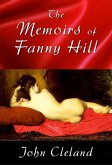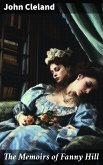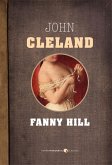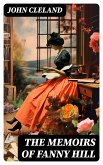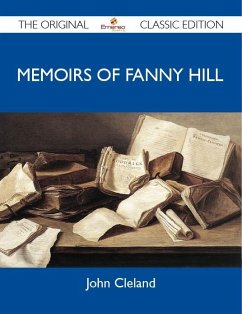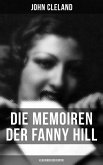John Cleland's 'The Memoirs of Fanny Hill' is a groundbreaking novel that explores themes of sexuality, desire, and morality in 18th-century England. Cleland's explicit and sensual writing style challenges societal norms of the time, making this novel a controversial yet influential piece of literature. The narrative follows the life of Fanny Hill, a young woman who enters the world of prostitution and experiences a journey of self-discovery and sexual liberation. Cleland's bold and explicit descriptions of intimate encounters push the boundaries of traditional literature, providing readers with a unique and thought-provoking perspective on the complexities of human desire. The novel is considered a classic of erotic literature, showcasing Cleland's skill in crafting a story that is both provocative and poignant.
Dieser Download kann aus rechtlichen Gründen nur mit Rechnungsadresse in A, B, BG, CY, CZ, D, DK, EW, E, FIN, F, GR, H, IRL, I, LT, L, LR, M, NL, PL, P, R, S, SLO, SK ausgeliefert werden.



